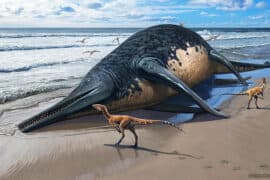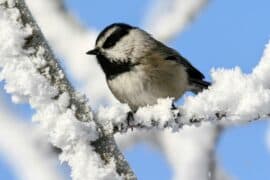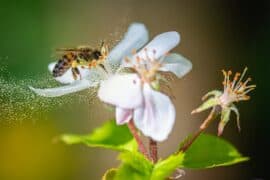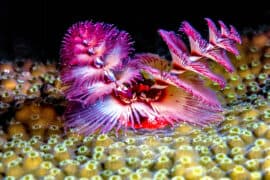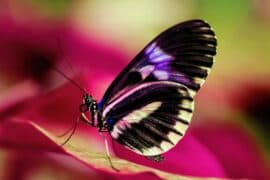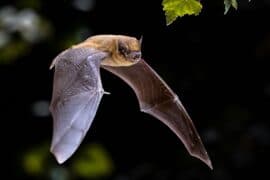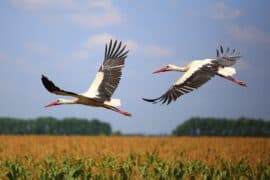Western conifer seed bug
(Leptoglossus occidentalis)
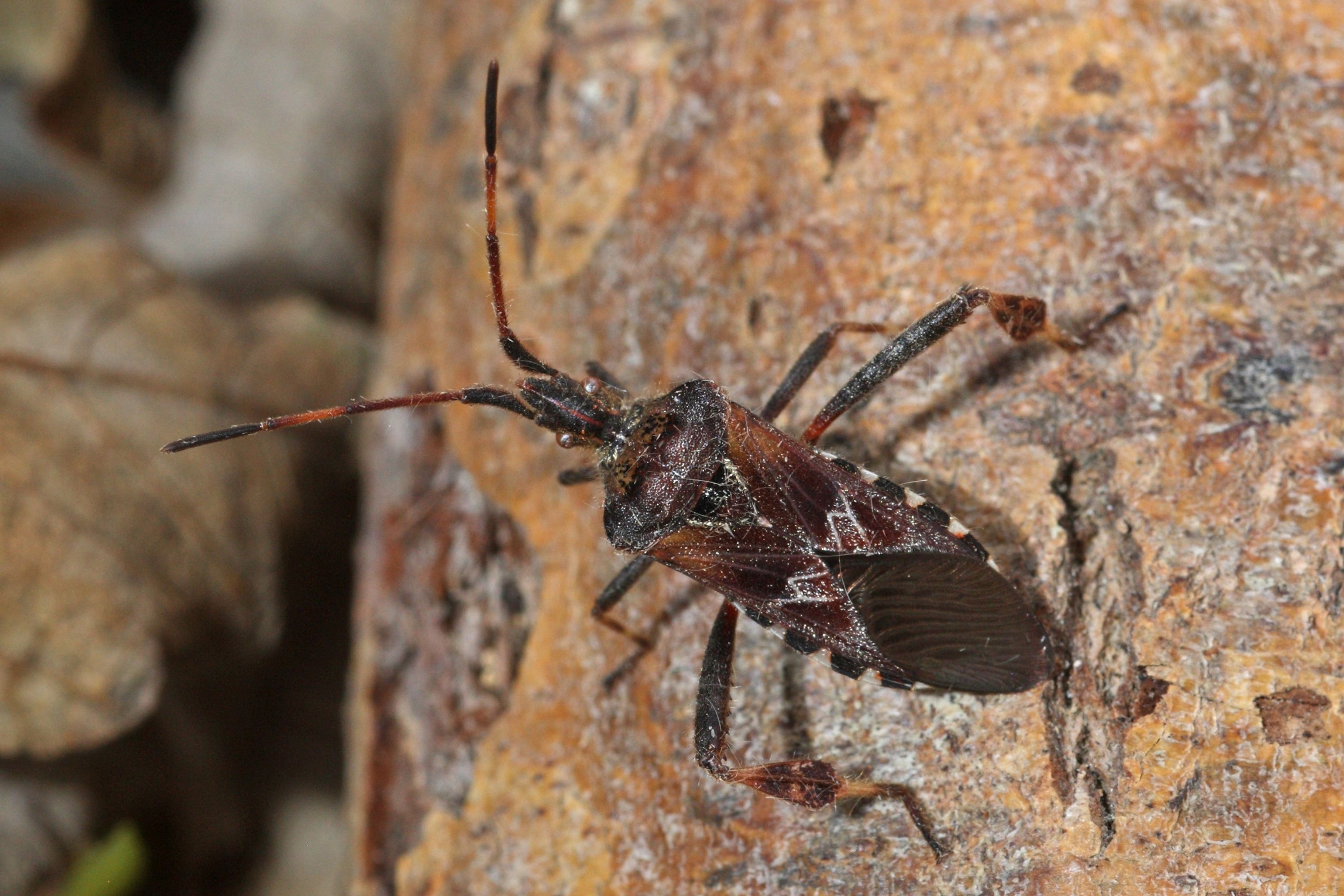
Description
The western conifer seed bug (Leptoglossus occidentalis), sometimes abbreviated as WCSB, is a species of true bug (Hemiptera) in the family Coreidae. It is native to North America west of the Rocky Mountains (California to British Columbia, east to Idaho and Nevada) but has in recent times expanded its range to eastern North America, to include Ontario, Nova Scotia, Maine, Pennsylvania, New York, Connecticut, Massachusetts, and New Hampshire, and has become an accidental introduced species in parts of Europe. This species is a member of the insect family Coreidae, or leaf-footed bugs, which also includes the similar Leptoglossus phyllopus and Acanthocephala femorata, both known as the "Florida leaf-footed bug". Western conifer seed bugs are sometimes colloquially called stink bugs. While they do use a foul-smelling spray as a defense, they are not classified in the stink bug family Pentatomidae. In Chile, it has been confused with kissing bugs (Triatominae), causing unjustified alarm. The average length is 16-20 millimetres (0.63-0.79 in) with males being smaller than females. They are able to fly, making a buzzing noise when airborne. Western conifer seed bugs are somewhat similar in appearance to the wheel bug Arilus cristatus and other Reduviidae (assassin bugs). These, being Cimicomorpha, are not very closely related to leaf-footed bugs as Heteroptera go; though both have a proboscis, but only the assassin bugs bite even if unprovoked, and L. occidentalis like its closest relatives can be most easily recognized by the expanded hindleg tibiae and by the alternating light and dark bands which run along the outer wing edges on the flaring sides of the abdomen. Their primary defense is to emit an unpleasant-smelling alarm pheromone; however, if handled roughly they will stab with their proboscis, though they are hardly able to cause injury to humans as it is adapted only to suck plant sap and not, as in the assassin bugs, to inject poison. In its native range, the western conifer seed bug feeds on the sap of developing conifer cones throughout its life, and its sap-sucking causes the developing seeds to wither and misdevelop. It is therefore considered a minor tree pest in North America, but becoming sometimes more harmful e.g. in conifer plantations. However, it is not monophagous and even adaptable enough to feed on angiosperms if it has to, though it seems to prefer resiniferous plants that are rich in terpenes.
Taxonomic tree:

